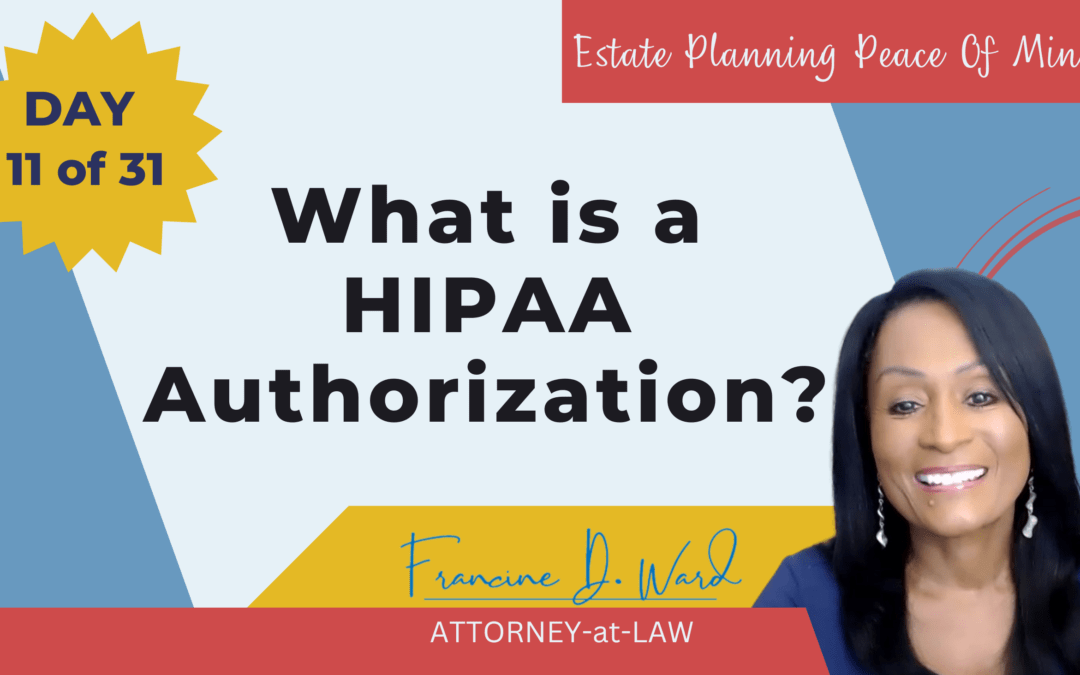In 1996, the United States Congress enacted the Federal Health Insurance Portability and Accountability Act (HIPAA). Its purpose was to provide guidelines for protecting patient information and privacy. HIPAA provides healthcare professionals with consistent and uniform policies to help them properly handle adult patients’ private medical information.
It is a moot point regarding a minor’s information because their parents or a legal guardian generally make their medical decisions. But for this law, once someone reaches the age of 18 years old, they are no longer deemed a minor, but instead an adult. At that point, medical facilities and doctor’s offices are required to protect that person’s patient information from everyone. That includes parents, legal guardians, adult children, teachers, siblings, grandparents, coaches, and spouses.
What if There is No HIPAA Authorization?
While it makes sense that such safeguards are put into place, such restrictions can also create challenges when there is no HIPAA Authorization and no Healthcare Directive to offer guidance.
When there is no valid HIPAA Authorization in place, the infirmed or incapacitated person faces many issues. Among them,
- In the case of an emergency, no one can make decisions on their behalf.
- If they become incapacitated, no one can access their medical records and discuss their medical care unless they get a court order. That can be a time-consuming and costly process.
- If they need immediate care where a life or death decision must be made, not having an authorized decision maker can delay or impede the process.
- In fear of being sued, most healthcare facilities will be cautious when releasing patient information. They don’t want to accidentally disclose private information to someone (even a family member) that you didn’t want to know your information.
These are among the many reasons why having valid HIPAA Authorization and a Healthcare Directive is critical.
If the HIPAA Authorization is created as part of the comprehensive estate plan, the drafting attorney will ensure all documents work together. If the form is created as a standalone document (which I would not recommend), you can have a lawyer prepare it or fill out a form. Each state has its repository of medical forms. Here is a link to California’s Department of Health and Human Services | Department of Health Care Services.

Francine D. Ward
Attorney-At-Law, Author, Speaker
Follow Francine:
Don’t miss Francine’s Latest Blogs:
- Publishing contractsPublishing contracts The publishing contract is an agreement that defines the relationship between an author and her publisher. Publishing contracts typically contain elements that speak to territory, rights, ownership, financial… Read more: Publishing contracts
- What is a Habit?As we enter springtime, you may feel far away from your New Year’s resolution. That may be because of the success rate of NYE resolutions. In fact, January 17 is… Read more: What is a Habit?
- Common Contract MistakeCommon Contract Mistake #1. Not Having Written Agreements with EVERYONE You Do Business With. Common contract mistake. Without question, the most common contract mistake is not having the terms of… Read more: Common Contract Mistake
- AI and PatentsAI and Patents. Understanding Patent Law in the Age of AI. Patents, along with Copyrights, Trademarks, Trade Secrets, and Rights of Publicity, are one of the five areas of practice… Read more: AI and Patents
- Effective Goal SettingSetting Goals. It’s that time of year, time to plan for effective goal setting. A time when some of us start thinking about goals for the upcoming year. If you… Read more: Effective Goal Setting











